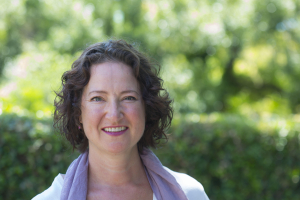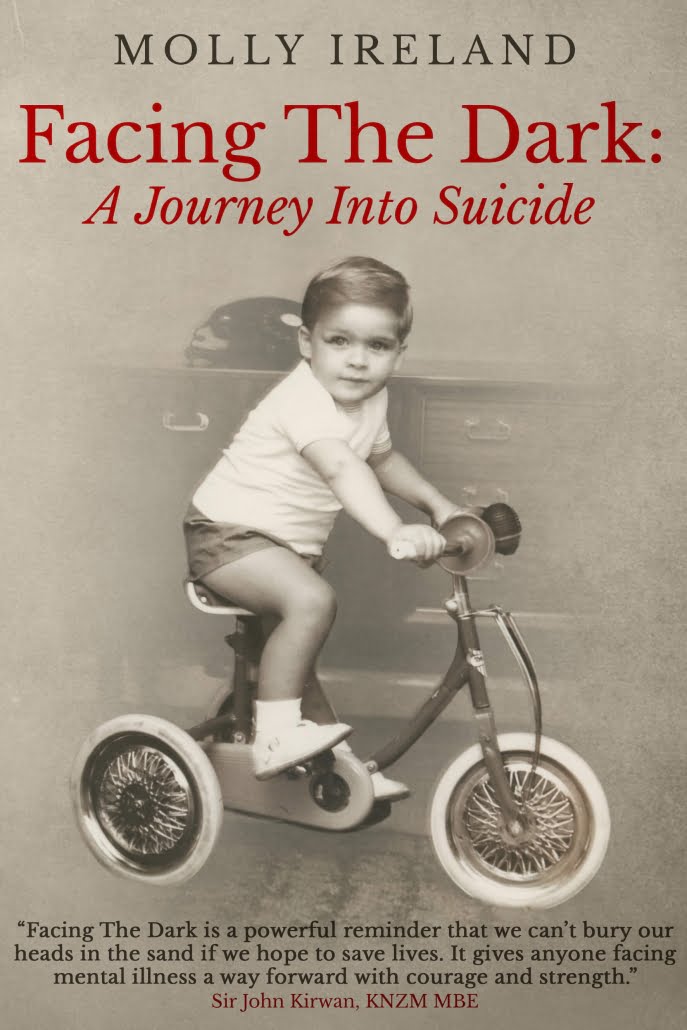Rich or Happy?
Teach happiness too.
I don’t mean to pick on private schools; I believe that they have the resources to provide many opportunities for children but lack, in many cases, a longer-term vision and plan for our children’s well-being.
But this is not the fault of schools or their administrators. It is us: a certain class whose grip on affluence feels so tenuous and unstable that we cannot count on our own inherent worth and abundance; therefore, we cannot trust that our children will be safe and prosperous too. We are concerned, and, as a result, we drive our children hard, or hire others to do it for us. We drive them to be better, smarter, busier, and more accomplished than anyone else – all before they’re 18. We drive our children to stand out from the crowd to excel and be Excellent. All in the name of so-called “good parenting.”
But, at what cost?
It’s huge in many cases. You only need to look at the percentage of Auckland private school students on anti-depressants to put things in perspective. The cost is not for every child, which is why it’s so hard to uproot. But there is a significant cost for a high enough proportion of teenagers that we all need to sit up and take action. New Zealand’s persistently high youth suicide rates are crying out for us to do so.
I really wonder when did ‘Merit’ lose its value?
We live in a society where NCEA Merit is mildly “okay.” At least for the well-to-do families in my area. To achieve this mark in many New Zealand high schools is paramount to failure by parents and students alike.
But wait for a second, doesn’t this word mean so much more? Isn’t it a word embedded with notability? Mr Online Dictionary says, that as a noun, merit is “the quality of being particularly good or worthy, especially so as to deserve praise or reward.”
Parent from Abundance
If this is the case, shouldn’t parents be celebrating every NCEA Merit their children generate? And, for certain children, every Achieved! What stops us from doing this? Is it because we’re afraid that our children will become lazy and stop working or, maybe, it’s because we know they haven’t achieved their potential and that this means they won’t do well later on?
Regardless of our motivation, these fears say more about us than them.
When we unconsciously communicate to our children that what they achieve at school or in any area of their lives is not good enough, we damage their connection to their own worth and erode their ability to be happy.
We’ve forgotten that education is a process, a journey of self-discovery and self-confidence. Unfortunately, I believe the best education that New Zealand has to offer does exactly the opposite.
I encourage my parents to hold space for their children to celebrate every small accomplishment, even “Achieved” ones if that means success for that particular child. Not in an over-the-top way, but in a manner that honours their effort as much as their result. When we do this, we can still ask questions of our children and encourage them to strive for more. In this way, we are teaching our children that peace and happiness are their birthrights, too, and that these are very much part of their success.
Steve Jobs died an unhappy billionaire at the age of 56. A few of his last words can be a reminder to us all: “if the house we live in is 300 square meters, or 3000, the loneliness is still the same.
Get in touch if you’re ready to make peace with your fears and start to parent from a place of greater abundance and joy.






